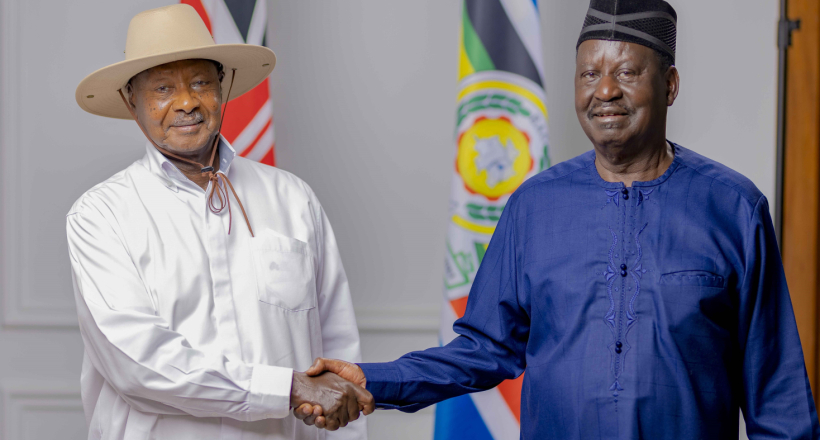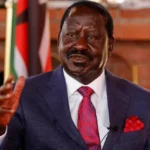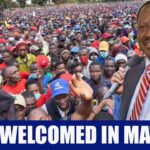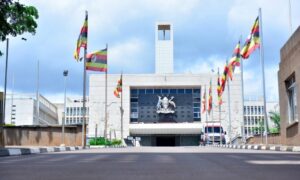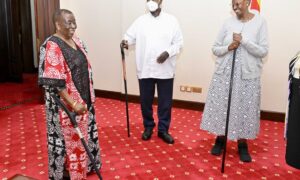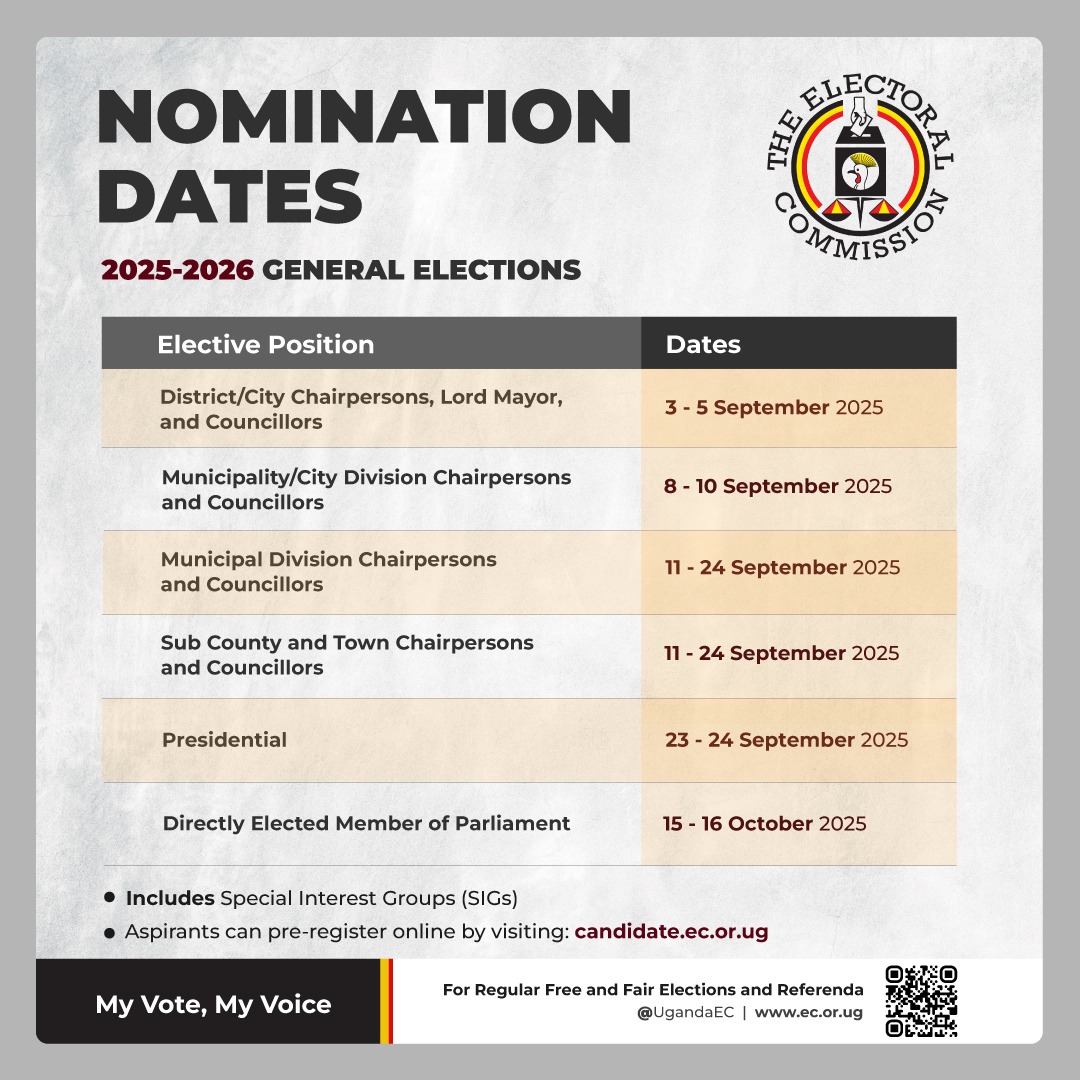KAMPALA:In a message shared on X (formerly Twitter), President Museveni said he received the news of Odinga’s death “with a lot of sadness,” hailing both Raila and his father, Jaramogi Oginga Odinga, as patriots committed to African unity and the dream of an East African Federation.
“Ideologically speaking, they have been with the patriotic and Pan-Africanist orientation. I have shared ideas with both of them,” Museveni said.
“It is, therefore, unfortunate that he has left at this moment. It is important for the young people to fill the void left by such historical fighters for Africa’s future.”
Yet beyond the glowing tribute lies a complex history — a relationship between Museveni and Odinga that swung between brotherly camaraderie and bitter political rivalry over the decades.
Museveni and Odinga first crossed paths during the late 1980s and early 1990s, when both men championed multiparty democracy and pan-African reform.
Museveni’s revolutionary rise in Uganda inspired a young Odinga, who admired his calls for African self-determination and regional unity.
In the early 2000s, Odinga often referred to Museveni as a “brother” and “elder statesman,” and both leaders appeared at regional summits advocating for deeper East African integration.
Odinga also played a visible role in East African Community (EAC) affairs, later serving as the African Union’s High Representative for Infrastructure Development — a position he used to push cross-border infrastructure and trade projects that echoed Museveni’s own integrationist agenda.
However, their relationship was far from smooth. They often fell out during Kenya’s election cycles, particularly in 2007 and 2013, when Museveni was accused by Odinga’s supporters of tacitly siding with his opponents — Mwai Kibaki and later Uhuru Kenyatta — in what Odinga perceived as interference in Kenyan internal politics.
The tension peaked after the disputed 2007 elections when Odinga accused Museveni of prematurely recognising Kibaki’s controversial victory.
The move sparked anger within Odinga’s Orange Democratic Movement (ODM), with some Kenyan politicians branding Museveni an “enemy of democracy.”
Despite the diplomatic frost, Museveni and Odinga would reconcile months later — a pattern that recurred multiple times over the years.
Museveni frequently praised Odinga’s resilience and intellect, while Odinga acknowledged Museveni’s strategic political longevity and influence in the region.
Their last public reconciliation came in 2018 after the famous “handshake” between Odinga and then-President Uhuru Kenyatta.
Museveni applauded Odinga for what he called “maturity and leadership for peace,” signaling the mending of fences after years of tension.
By the time of Odinga’s death on Wednesday, October 15, the two leaders had maintained cordial relations. Museveni’s message of condolence carried genuine warmth — not only for a political ally but for a fellow statesman who had shaped East Africa’s post-independence story.
As Raila Odinga is set to be buried on Sunday, October 19, 2025, his passing marks the end of a political era in which rivalry and respect often coexisted.


